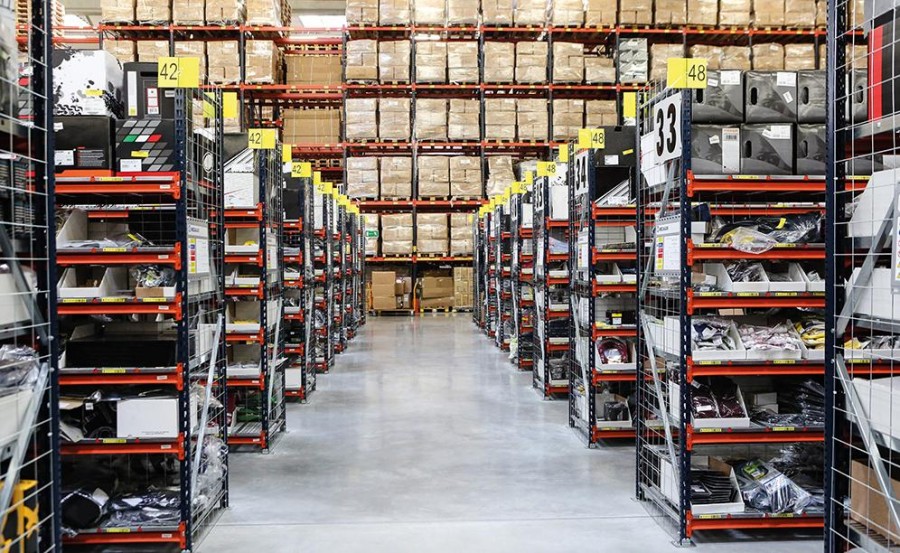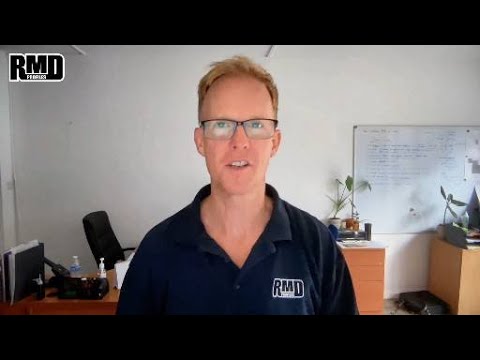The UK manufacturing upturn continued at the end of the second quarter. June saw output and new orders both expand for the second successive month, with rates of expansion remaining close to the highs reached in May.
There was a modest upswing in cost inflationary pressures, with input prices rising at the quickest pace since January 2023.
The seasonally adjusted S&P Global UK Manufacturing Purchasing Managers’ Index (PMI) registered 50.9 in June, down slightly from May's 22-month high of 51.2 and below the earlier flash estimate of 51.4. The PMI has posted above the neutral 50.0 mark – signalling expansion – in each of the past two months.

Three out of the five PMI components were at levels consistent with improved operating conditions in June, as output and new orders expanded and suppliers' delivery times lengthened. In contrast, stocks of purchases and employment both decreased.
June saw production volumes scaled up for the second successive month, as companies reacted to rising intakes of new orders and ongoing efforts to clear backlogs of work. The rate of output growth was solid and only slightly below the 25-month high achieved in May. The expansion remained broad-based by sub-sector, with growth registered across the consumer, intermediate and investment goods categories.
Data broken down by company size provided a more mixed picture. Output growth was confined to large-scale producers, as contractions were signalled for both small and medium[1]sized enterprises. The same trend was seen for demand, with new orders rising at large firms and falling at SMEs.
Measured overall, new business intakes rose for the third time in the past four months. New order growth was linked to improved demand, greater levels of market activity, product promotions and an end of destocking at some clients. Gains registered at both consumer and investment goods producers more than offset a further decrease in new work in the intermediate goods category (although the downturn in the latter eased).
The continued upturn in new business was mainly driven by the domestic market, as inflows of new work from overseas declined for the twenty-ninth month in a row. There were reports of lower intakes from clients in North America, China, Germany, France, Italy, Sweden, the Middle East and Poland. Part of the latest decline was linked to shipping delays and rising freight costs, both of which were often the result of the Red Sea crisis.
Manufacturers maintained a positive outlook in June, reflecting expectations for a market recovery, planned growth strategies, new product launches and promotional activities. Optimism stayed close to May's 27-month high, with 57% of firms expecting output to rise over the coming year.
Some firms noted feeling uncertain due the forthcoming General Election, while others expected this to reduce following its conclusion. June nonetheless saw manufacturers maintain a strong focus on costs and protecting cash flow where possible. This resulted in job losses, a reduction in non-essential purchasing and efforts to run leaner stock holdings.
On the costs front, June saw average purchase prices rise for the sixth successive month and at the quickest pace since January 2023. Companies continued to report a wide range of inputs as up in price, including energy, food, metals, packaging, paper, plastics and timber. Tight supply lines, higher import costs and freight (air, land and sea-based) issues also contributed to higher purchase prices. Increased costs led to higher selling prices, which rose for the eighth successive month
Rob Dobson, Director at S&P Global Market Intelligence “The UK manufacturing sector is enjoying its strongest spell of growth for over two years, with June seeing output and new order growth sustained at robust rates similar to May's recent highs. The performance of the domestic market remains a real positive, providing a ripe source of new contract wins. In contrast, the ongoing weak export performance is concerning, with manufacturers reporting difficulties in securing new business in several key markets including the US, China and mainland Europe.
"Although June also saw manufacturers maintain a relatively high degree of optimism towards the future, this was not sufficient to lessen their focus on cost minimisation and cash flow protection. This led to further job losses, cuts to non-essential spending and efforts to operate on leaner stock holdings. This is coming from a backdrop of renewed cost inflation pressure, with manufacturers' input prices now rising at the quickest pace since the start of 2023.
“This renewed upward lurch in manufacturing prices will likely add to concerns over the potential stubbornness of underlying inflationary pressures among hawkish rate setters at the Bank of England.”




















